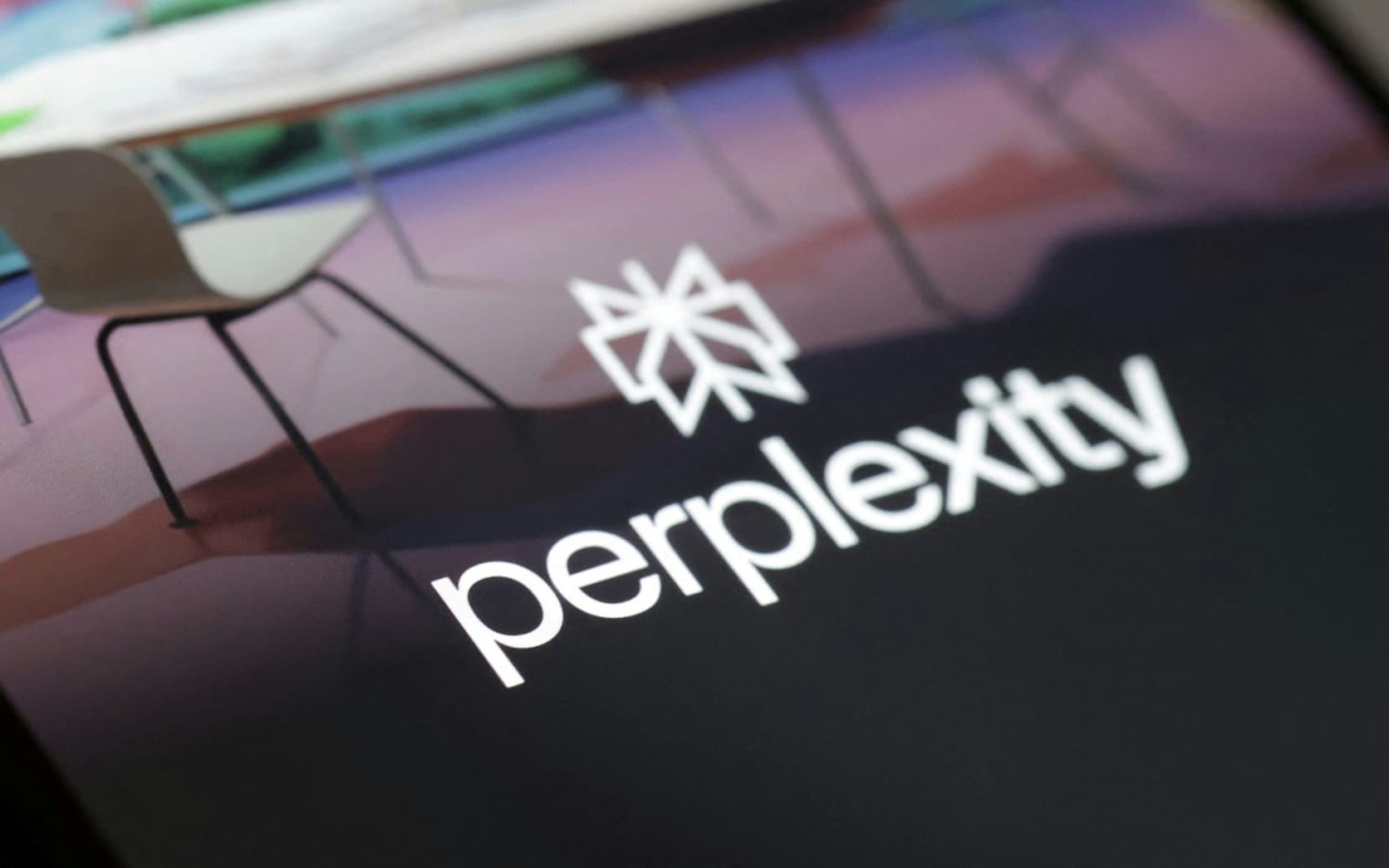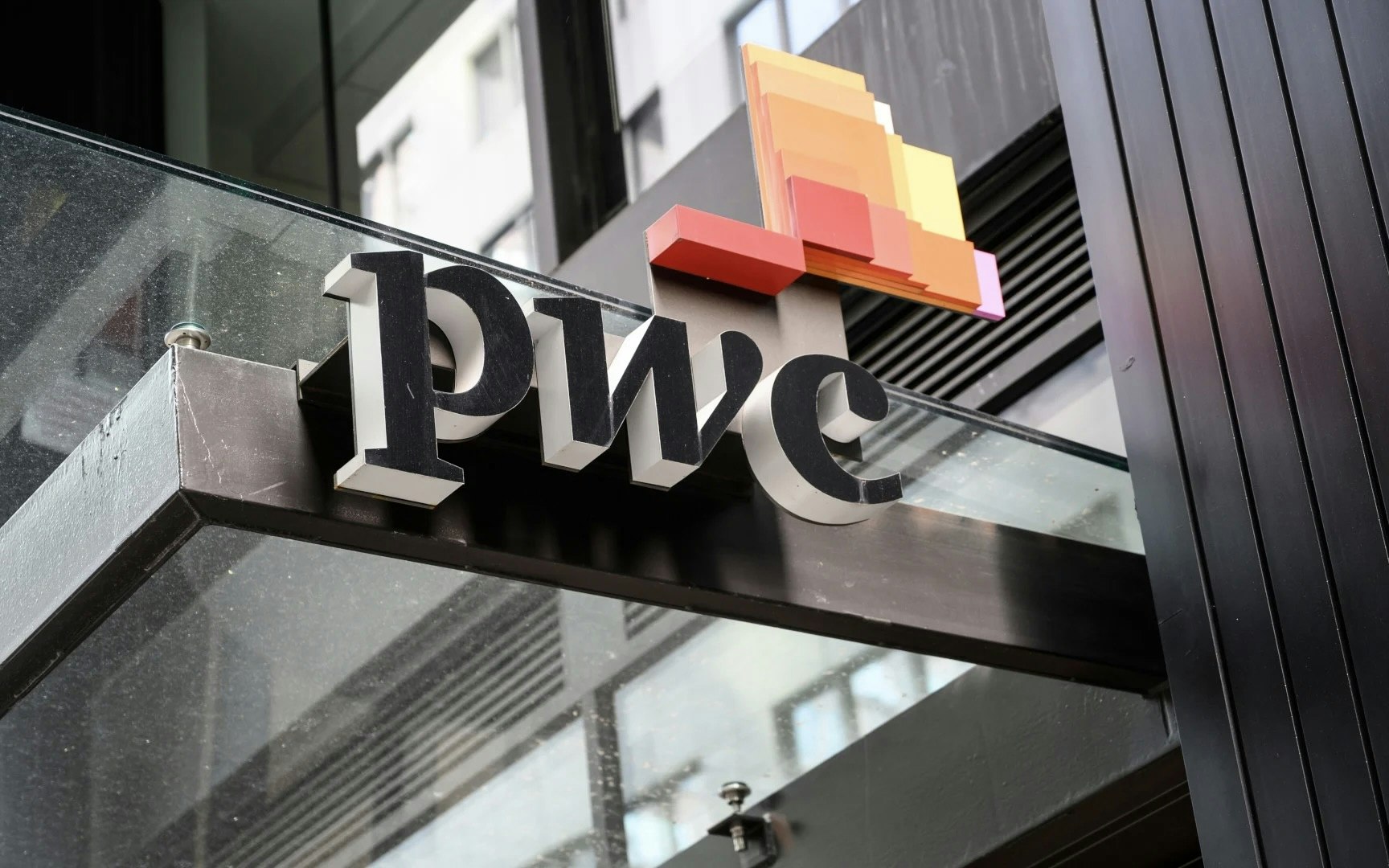AI
Perplexity secures multi-billion dollar funding at an 8-billion-dollar valuation
The AI search engine Perplexity is seeking funding of up to 1 billion US dollars, which would increase its valuation to 8 billion US dollars.

The AI-based search engine Perplexity aims for a new funding round between 500 million and 1 billion USD, which would value the company at 8 billion USD—more than double its valuation just a few months ago. This investor interest follows the recent fundraising by OpenAI, which was valued at 150 billion USD.
Perplexity, led by former Google intern Aravind Srinivas, aims to revolutionize Google's search advertising model. The company is in talks with major brands to test advertising on its platform. In July, Perplexity recorded 250 million search queries, compared to 500 million throughout the previous year.
The current investor enthusiasm in the AI sector is also evident among other players: OpenAI co-founder Ilya Sutskever and AI pioneer Fei-Fei Li have each raised $1 billion for young start-ups. At the same time, concerns about a potential bubble are growing louder, as many of these companies are not yet profitable and are investing billions in development.
A venture capitalist described Perplexity's targeted valuation as "excessive" and stated that his fund would not invest at this price. Nevertheless, current backers of Perplexity include prominent names such as AI chip manufacturer Nvidia, Amazon founder Jeff Bezos, OpenAI co-founder Andrej Karpathy, and Meta's AI chief Yann LeCun.
Only in the summer, Perplexity had tripled its valuation to 3 billion US dollars after receiving 250 million US dollars from sources including the SoftBank Vision Fund 2. Previously, the company had already raised capital in January and April of this year.
Perplexity generates revenue through subscriptions and states that its annualized sales increased from 5 million USD in January to 35 million USD in August. The success of the startup largely depends on increasing user numbers and addressing allegations from publishers accusing the company of using content without permission.






